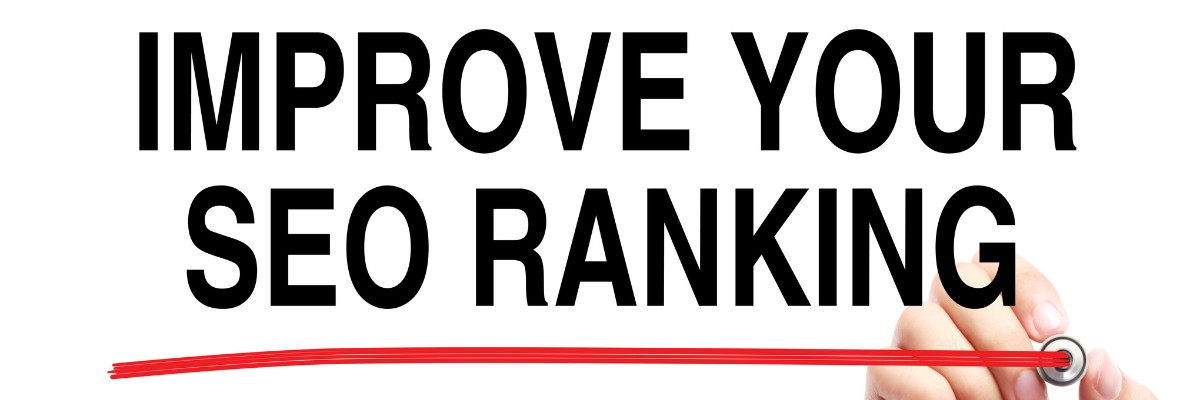
Search engine optimization (SEO) is essential for any website owner looking to increase their online visibility. There are two different types of SEO—on-page and off-page. On-page SEO deals with optimizing the content on your website, while off-page SEO deals with activities like link building and social media marketing. In this blog post, we’ll be taking a look at on-page SEO, why it matters, and how you can use it to improve your website’s ranking in search engine results pages (SERPs).
What is On-Page SEO?
On-page SEO focuses on making sure that the content on your website is optimized for search engines. This includes making sure that each page has a unique title tag, meta description, headings, and images with alt tags as well as using relevant keywords throughout the text. It also involves optimizing page speed and ensuring that there are no broken links or other technical issues that could hinder search engine crawlers from indexing your site properly.
Why Does On-Page SEO Matter?
On-page SEO matters because it helps search engines better understand what your website is about and how relevant it is to users’ queries. By conducting keyword research and using targeted keywords throughout your content, you can increase your chances of appearing in SERPs for those searches. Additionally, by optimizing page speed and eliminating technical errors from your webpages, you can ensure that search engine crawlers have an easier time navigating your site so they can index it more quickly.
On-page SEO is the foundation of any successful online presence. It’s the process of optimizing individual web pages to rank higher and attract more targeted traffic in search engines. As Ryan Cameron, an SEO expert in Ottawa, puts it: “On-page SEO is vital because it helps search engines understand your content and determine its relevance to users’ queries. By optimizing your website’s structure, content, and user experience, you not only make it easier for search engines to index your pages, but you also create a seamless experience for your visitors, ultimately leading to higher conversions and brand loyalty.”
How Can You Improve Your On-Page SEO?
Improving your on-page SEO starts with keyword research so you know which words or phrases to target in order to appear higher in SERPs for relevant searches. Once you have identified these keywords, make sure to include them in titles, headings, image alt tags, meta descriptions, and throughout the content itself. Additionally, make sure that all external links are working properly so visitors don’t end up at a dead end when they click through from the SERP page or elsewhere on the web. Finally, test out different page speeds to see which ones perform best so you can ensure visitors don’t abandon your site due to slow loading times.
On-page SEO is an essential part of any website’s overall search engine optimization strategy. By conducting keyword research and including targeted words or phrases throughout titles, headings, images alt tags as well as the body of text itself; by ensuring all external links are working properly; and by testing out different page speeds; you can optimize each page of your website for search engines so that it stands a better chance of appearing higher in SERPs for relevant queries. Doing this will not only help improve user experience but also result in more organic traffic directed towards your website over time!

